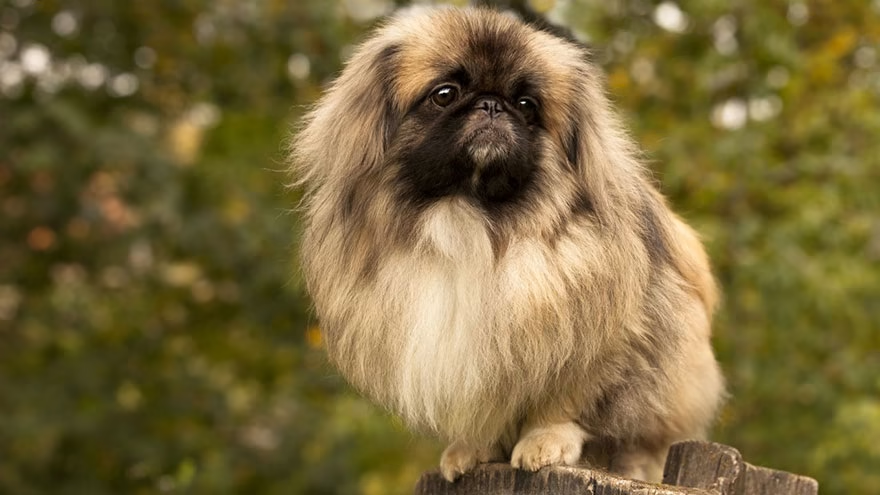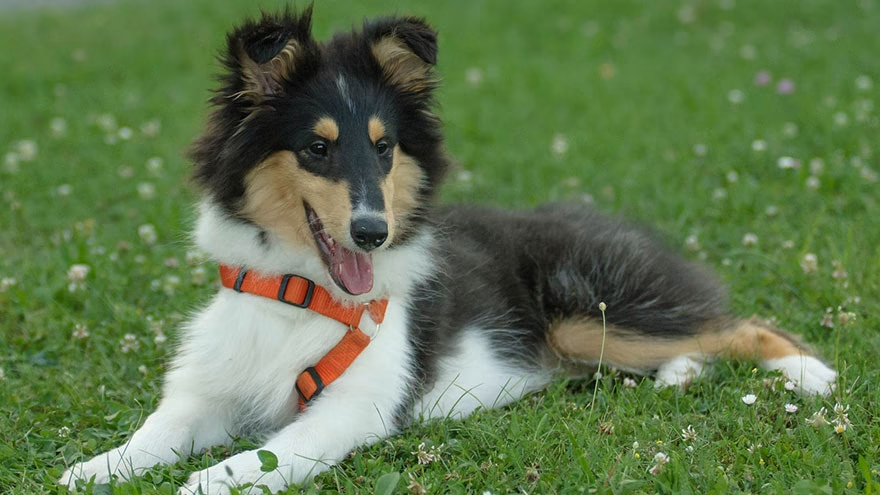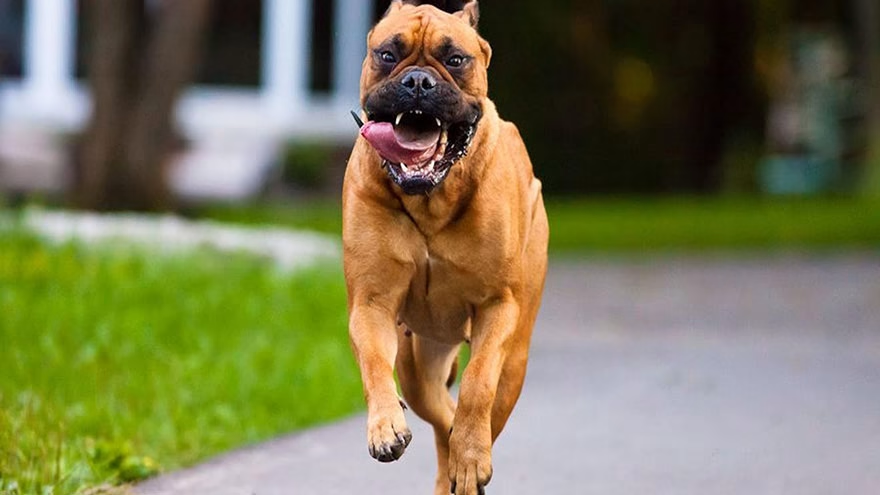However, this breed can sometimes be stubborn and self-important, resisting the best efforts to get it to do certain things.
How To Train Pekingese
One of the keys in training a Pekingese is to be firm and consistent so that the dog does not gain control of a situation (at least not too often!). Housebreaking any dog is a study in patience. The owner must always watch both the dog and the clock because dogs are generally creatures of habit.A regular routine for meals and trips outside is imperative if you are to have a comfortable relationship with your puppy.
Some trainers insist that a very young puppy should be taken outside once every hour when weather permits. These trainers remind new owners that both the dog and owner have to make adjustments to create a good schedule. Toy dogs can be among the most difficult to train when it comes to going outside or when using paper training.
Because of their small size, they may want to hide behind furniture or just around the corner to go, and then come back into the room as if nothing had happened.
One way to address this problem is consistent and firm crate training. With this technique you give your dog a safe haven to call its own and a “den” that it will naturally want to keep clean.
Other trainers and breeders do not believe in crate training and instead will recommend that the owner and dog develop a routine to get the dog outside at the right times. This may take a bit longer than some other methods but may also prove to be successful.

Some of the key actions an owner can take in this process: take the dog outside right after eating or drinking and then praise the dog for doing the right thing. Typically, these dogs work hard to please the owner, responding to praise. Even the stubbornness of the Pekingese can be overcome with consistent training.
The Pekingese is not a dog that will always come when it is called but this is due to the independent nature of the Pekingese rather than any lack of intelligence. Proper socialization with the breeder can make a world of difference in how your new pet acts when it comes into your home.
What the puppy learns in the first few weeks of its life will stick with it for years. Therefore, selecting a puppy from a breeder that spends time with the young dogs is very important.
With the Pekingese, it is very important not to let the dog get the upper hand. Some owners have reported that their dogs will even refuse to eat, just to show dominance and gain control. Many times this action has nothing to do with whether the dog is hungry.
Allowing the Pekingese to be “in charge” because it is cute and feisty can be a recipe for trouble that may give you a dog that no one can handle, much less enjoy. Dogs will respond to the tone of the voice, especially when they are very young.
So showing your displeasure with housebreaking “accidents” is OK as long as you use a disappointed tone with your voice and make sure the puppy understands what has happened. Remember to expect some mishaps and do not get too upset with a puppy that is just learning control.
Read More About Pekingese
- Pekingese Breed Information
- Pekingese : 10 Most Common Questions
- Pekingese Health Guide
- Owning a Pekingese : Breeder Recommendations
Save for later
Found this helpful?
Pin this article to your Pinterest board and come back to it whenever you need a reminder.
Save to Pinterest


